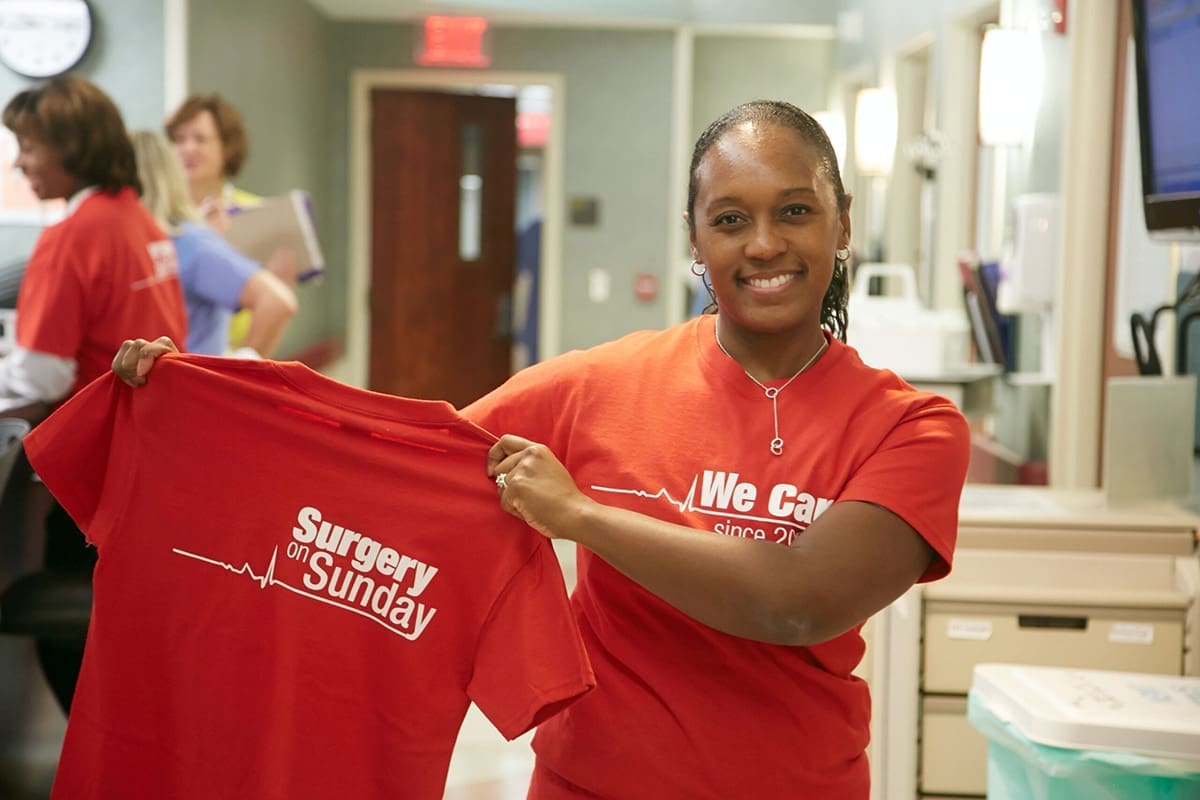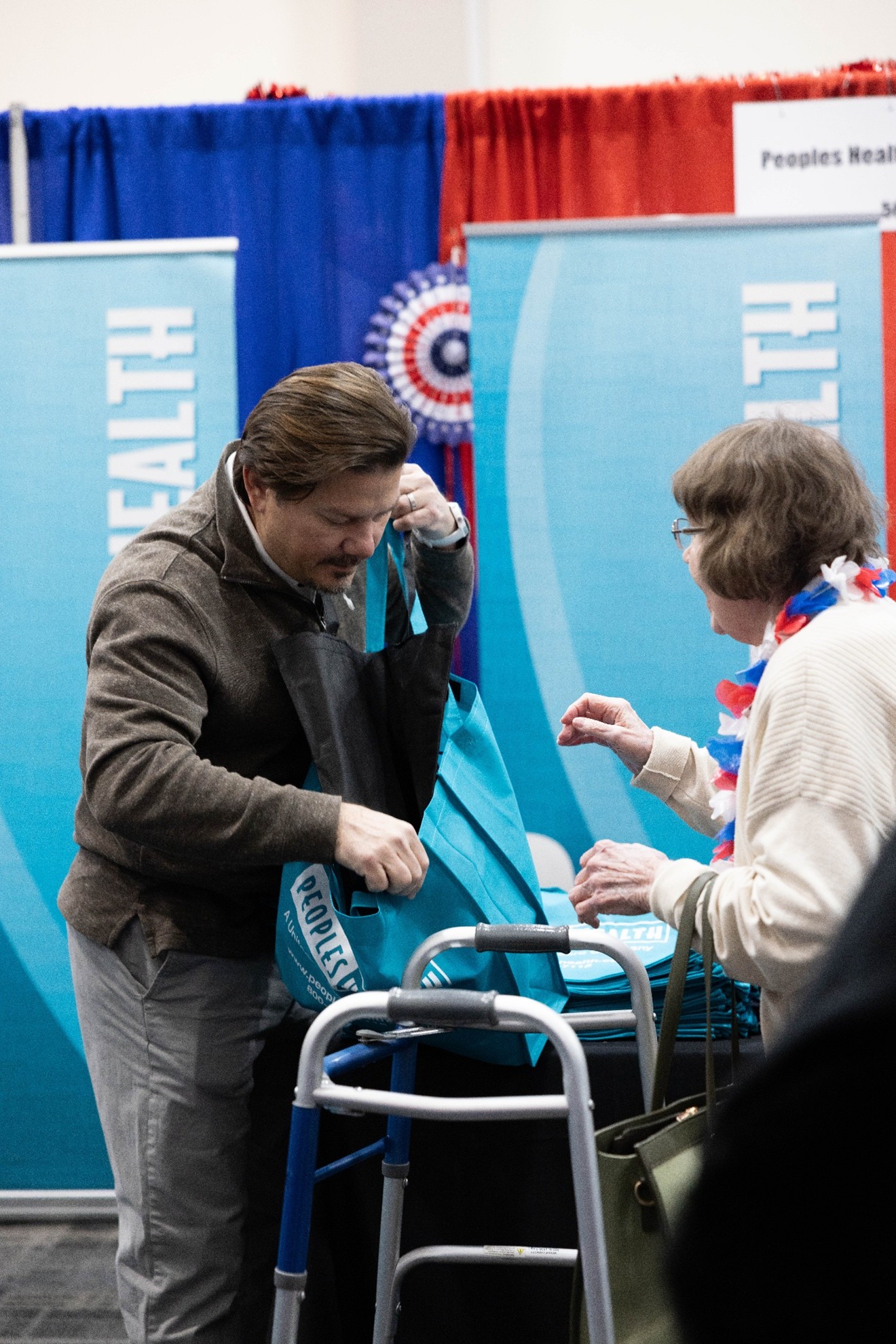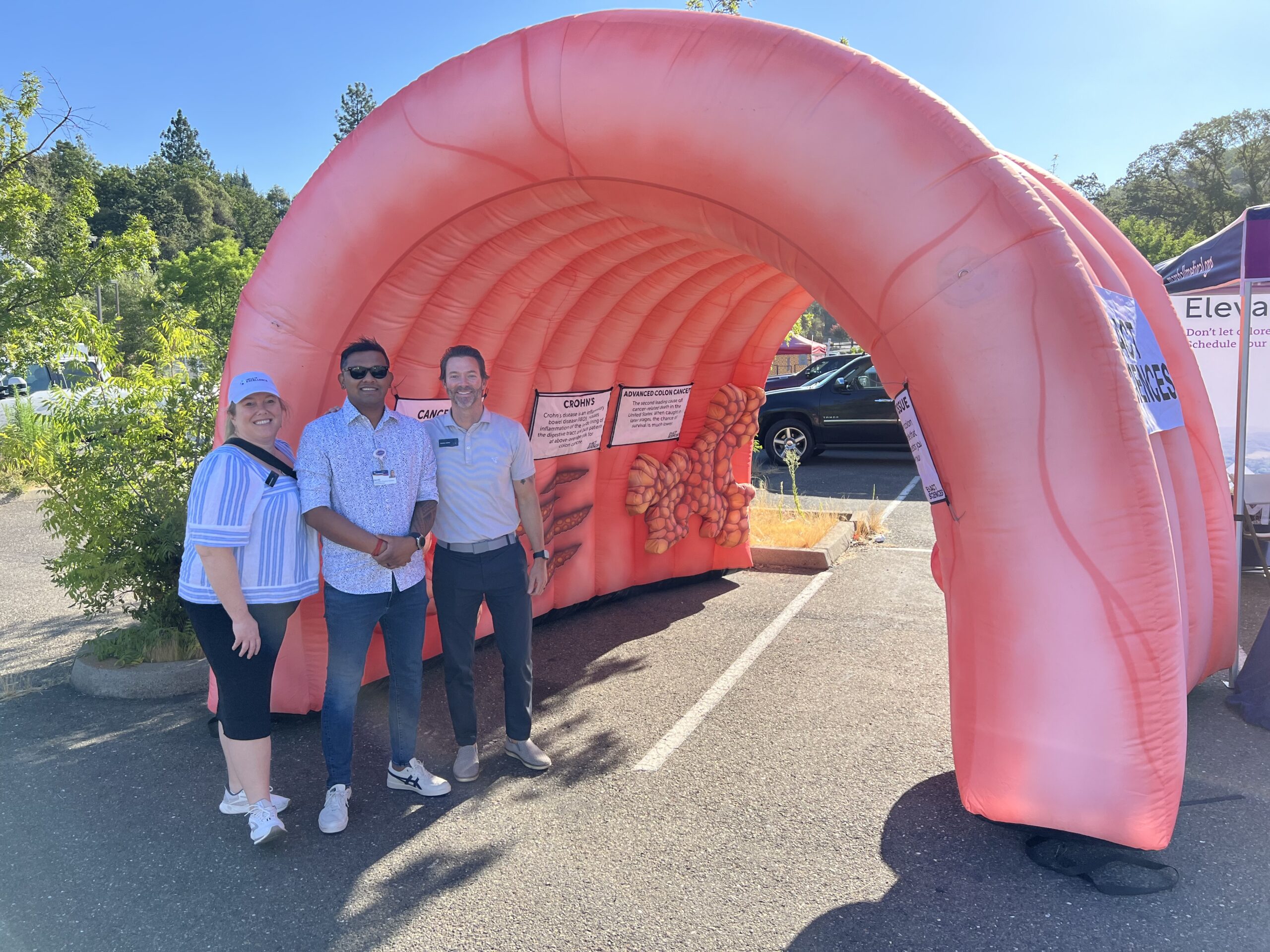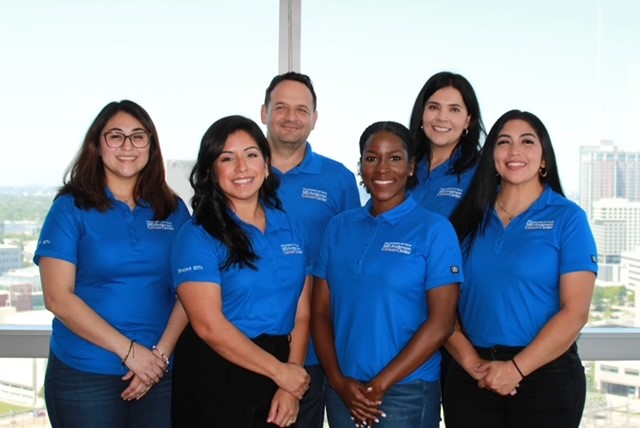Interview with Surgery on Sunday Louisville, Inc.—80% by 2018 National Achievement Award Honoree
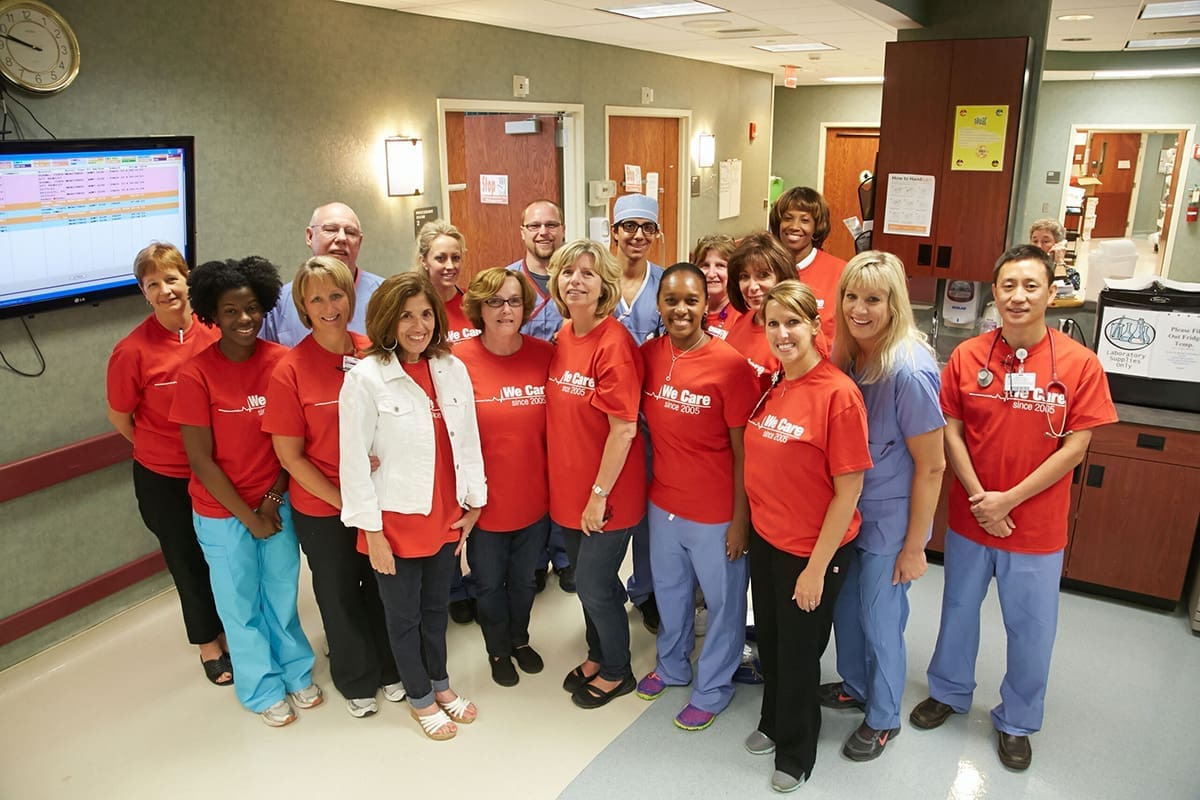
March 21st, 2017 :: Author: Erica Sutton, MD
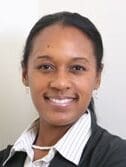 On February 1, 2017, Surgery on Sunday Louisville, Inc. became an Honoree recipient of the 2017 80% by 2018 National Achievement Awards, a program designed to recognize individuals and organizations who are dedicating their time, talent and expertise to advancing needed initiatives that support the shared goal to regularly screen 80% of adults 50 and over by 2018.
On February 1, 2017, Surgery on Sunday Louisville, Inc. became an Honoree recipient of the 2017 80% by 2018 National Achievement Awards, a program designed to recognize individuals and organizations who are dedicating their time, talent and expertise to advancing needed initiatives that support the shared goal to regularly screen 80% of adults 50 and over by 2018.
Dr. Sutton is a graduate of Indiana University where she triple majored in psychology, chemistry and mathematics prior to entering the Johns Hopkins University School of Medicine. She completed her residency in general surgery at the University of Maryland followed by a fellowship in minimally invasive surgery also at the University of Maryland. Since coming to the University of Louisville in 2011, Dr. Sutton has served in many leadership roles related to educating the next generation of doctors and surgeons. In 2013, she founded Surgery on Sunday Louisville, Inc., a nonprofit organization whose mission is to provide free surgery and outpatient surgical procedures such as colonoscopy to people who are uninsured or underinsured.
Hi, Dr. Sutton! We’re excited to feature your work on the 80% by 2018 Blog. Can you tell us a little about yourself and how you ended up working on colorectal cancer screening?
I work as a laparoscopic surgeon at the University of Louisville in Kentucky. While colonoscopy and colorectal surgery are just two of many services I provide to my patients, I’m particularly passionate about colorectal cancer screening. In terms of the ability to prevent a cancer, there are few cancers more preventable than colorectal cancer. With routine screening, we’re able to remove cancer in its early stages or even before it has started.
While I’ve been passionate about colorectal cancer screening throughout my career, there was one patient in particular that pushed it to the forefront for me. A few years ago, one of my patients died of colorectal cancer. He was an amazing father with an indomitable spirit. The idea that his cancer could have been prevented never left me, so when I was approached to collaborate on a community-wide initiative to increase screening, it was an easy “yes” for me. This is a fight that I want to be a part of. This is a fight we can win.
Tell us a little bit about Surgery on Sunday Louisville, Inc. (SOSL). How did the organization get started?
SOSL was inspired by a Surgery on Sunday program that started in Lexington, Kentucky in 2005. In 2013, my colleague, Dr. Whitney Jones, founder of the Colon Cancer Prevention Project and gastroenterologist at Midwest Gastroenterology Associates, approached me with the idea to start a similar program in Louisville. However, our focus would be on providing colonoscopy since we had a groundswell of energy around colorectal cancer prevention in the community. We began as a small group wanting to make a difference and do the right thing for the city, but our small group grew quickly.
How does SOSL operate?
The organization is built on a collaborative model in which every hospital in the Louisville area shares a responsibility in providing in-kind services to members of the community who could not otherwise afford care. The focus is colonoscopy, but we also provide all outpatient surgical procedures and some in-patient procedures, including pediatrics, orthopedics, laparoscopy and plastic surgery. Each month, we rotate locations to provide services at a different hospital. Endoscopies are performed every other month, but we hold clinic twice monthly to provide pre-endoscopy consultation, education and follow-up care after the procedure.
Early on, we decided to form a non-profit since it was clear that our work wasn’t going to be at a single hospital or academic institution. Our 501c3 non-profit status has given us enormous flexibility to grow the way we needed to. In our second year, while planning for growth and sustainability, we partnered with a consultant to develop a business strategy.
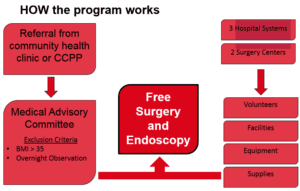
Who participates in delivering and coordinating screening services?
Most people are surprised to learn that SOSL started with just as many non-health care partners as health care partners. In addition to physicians, nurses, and hospital administrators, we’ve had lawyers, marketing professionals and students at the table from the beginning.
In the early days, the organization consisted of me, Dr. Sam Walling as medical director, and our volunteer board. We quickly learned we needed staff in administrative roles and a medical organizer. We’ve hired two additional employees since then: a program coordinator to support me with the administrative work and a clinical coordinator to support our medical director.
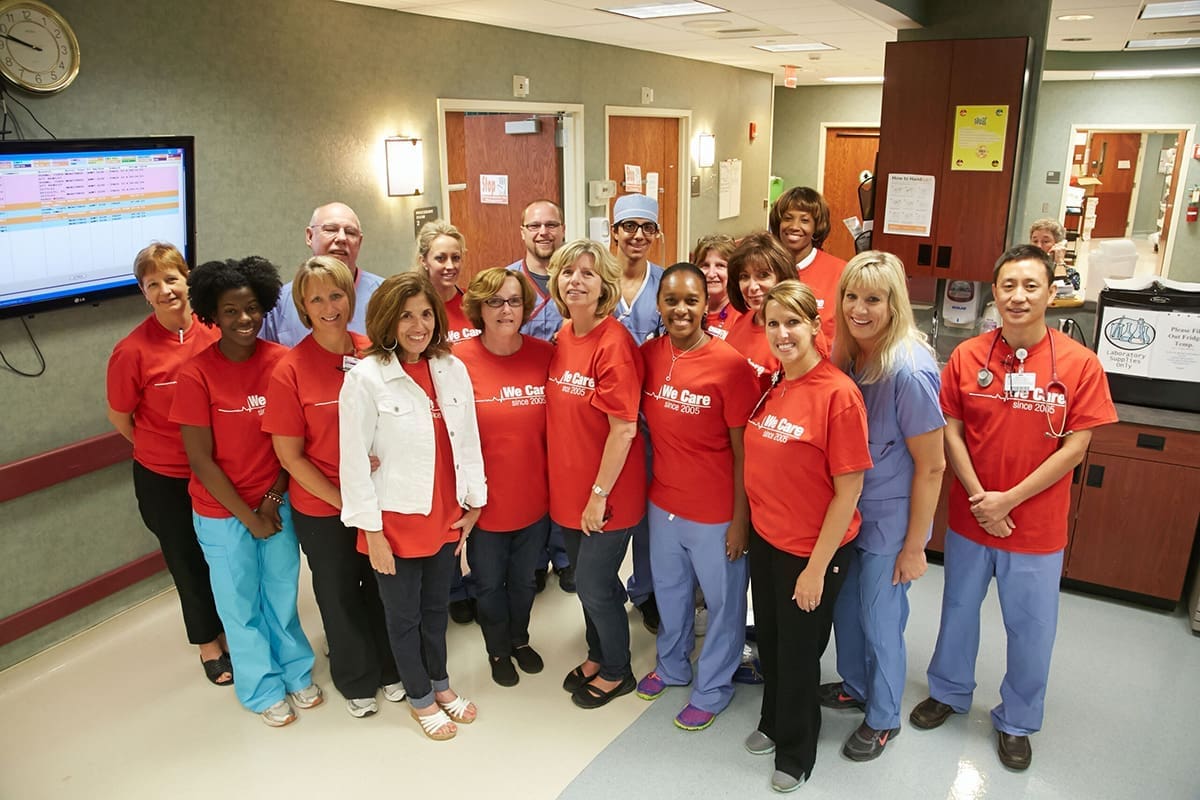
To what do you attribute to your success in recruiting so many volunteers?
We are collaborative in the truest sense of the word–we look for partnership with anyone and everyone. Moreover, we don’t say no to help, even when we must work to identify a role for a new volunteer. We believe everyone’s idea is valid and can add to our growth. Recently a student wanted to get involved in SOSL, so we identified a role for them as a grant writer. Only three months into 2017, we’ve already submitted our third grant application!
I think a secret to success in engaging so many partners is that Louisville is truly a caring and compassionate community. We’ve heard from many of our volunteers, especially the clinicians, that they had been looking for a way to give back. If you provide the opportunity, you may be surprised with the untapped potential you’ll find.
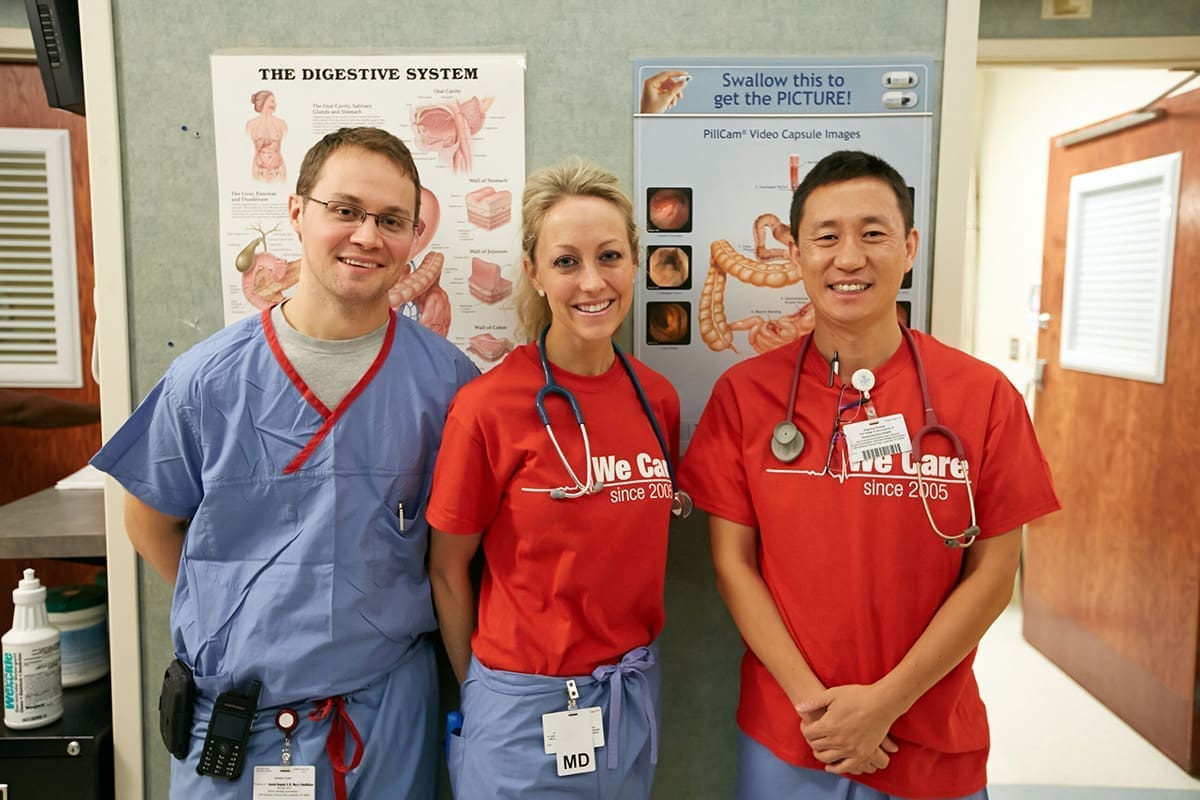
Tell us about the impact that you’re making in the local community.
Since its founding in 2013, Surgery on Sunday Louisville, Inc. has recruited over 500 volunteers to treat more than 270 patients, which led to the treatment of over 125 polyps and two cancers. More critically, the patients we treat are at increased risk; in Kentucky, patients who lack insurance have more than twice the odds of being diagnosed with advanced colorectal cancer.
In addition to our colonoscopy work, other diseases and health concerns we’ve treated include hernias, melanomas, pediatric burns and gallbladder disease.
What have you done to measure the sustainability of the program?
What’s really exciting is that we’re now demonstrating that the program is cost neutral. We conducted a study to test our hypothesis that providing pro bono colonoscopies to uninsured patients at high-risk for colorectal cancer successfully detects early stage disease and is thus cost-effective.
For 12 months, we prospectively collected data from 682 high risk patients (35 to 64 years old) that received free colonoscopy. We then compared the incidence of colorectal cancer within our cohort to a control group of uninsured patients from the National Cancer Institute’s Surveillance, Epidemiology, and End Results (SEER) Program registry, using SEER-Medicare data of health expenditures by colorectal cancer stage to develop a cost model. To compare overall costs between our cohort and the SEER control, the average initial cost of care was weighted by the stage-specific colorectal cancer incidence in each group. We identified nine cancers in the 682 patients, resulting in an overall incidence rate of 1.3%. Compared with the SEER control, our cohort included more early stage cancers and subsequently had a marginally lower per-patient initial cost ($43,126 vs $43,736).
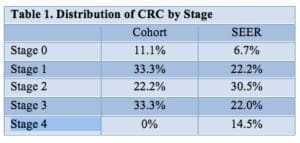
The study is limited since the sample size is small, but it provides proof of concept that providing pro bono care can be cost neutral. More importantly, we’re reducing suffering and saving lives by catching cancers earlier, which we believe is truly invaluable.
I understand you’re now helping other communities to replicate this model.
That’s right. We’re now assisting communities in other states to replicate the SOSL model. In the past few weeks we traveled to Indiana and Boston, Massachusetts to share our successes and lessons learned. We’re also working with the University of Louisville School of Business to develop a replication model. The school identified a team of entrepreneurial students to develop a 12-page blueprint on how to franchise our model.
What lessons learned would you share with others that are interested in forming community partnerships to offer donated screening services?
Stick to the sincerity of your idea and do not stop because someone tells you no. We’ve heard “no” so many times, but over time, we’ve learned to ask different questions. Instead of can I or would you, we ask how can we. We state our goal and then we ask a “how” question for a very specific next step, such as: “We want to provide free colonoscopies to high risk people in our community who don’t have insurance. How can we get your hospital to donate their endoscopy suite? How can we make that a possibility?” Make the ask simple and concrete. It will be hard to say no!
Do you have any final tips for our readers that are working to achieve 80% by 2018?
If you really want to see the rate of deaths and illness from colorectal cancer reduced in your community, show everyone how they share in the responsibility. By showing everyone their role in your vision—physicians, hospital administrators, students, lawyers, your mayor and more—you make it their vision, too.
Thank you for sharing your story with us! We look forward to hearing more about your work and Surgery on Sunday Louisville’s progress in the future.
